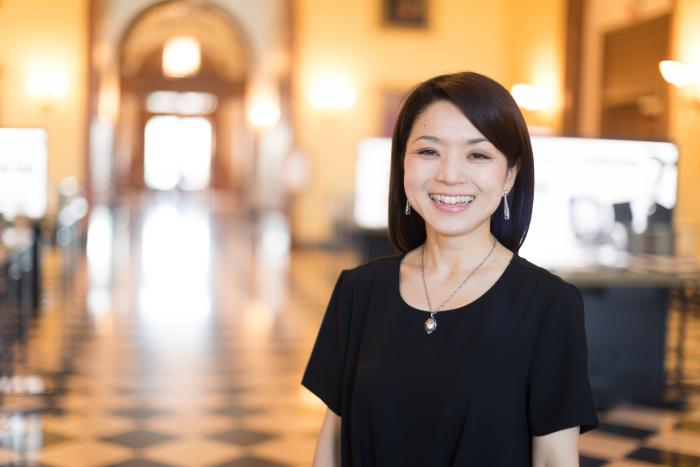Research Seminar: Ai Hisano
Virtual Event
October 25, 2023
Time 9 AM
“Our basic appreciation of design is ultimately dependent upon what we sense through vision, taste, hearing, smelling and feeling,” argued the industrial designer J. Gordon Lippincott in his 1947 book. By focusing on the expansion of industrial design in the United States from the 1920s to the 1950s, this paper explores how industrial designers helped construct people’s sensory experience in buying and using products. Industrial designers served as agents of what I call “aesthetic capitalism”—a mode of capitalism that rested on, and was fueled by, creating and appealing to sensory and emotional experience. In making this argument I draw on Jacques Rancière’s conceptualization of aesthetics as the sensory awareness of the world through which people understand themselves and their relationships with others. In the era of mass consumption, industrial designers helped consumers interact with, understand, and eventually naturalize technological artifacts, social norms, and more generally the era’s atmospheres on a sensorial and emotional level. Rather than simply being the outer look of consumer products, industrial design constituted and forged the everyday, serving as a mediator between people and products.

Ai Hisano is associate professor of history at the Graduate School of Interdisciplinary Information Studies at the University of Tokyo. Her recent publications include Visualizing Taste: How Business Changed the Look of What You Eat (Harvard University Press, 2019), which won the Hagley Prize in Business History (Business History Conference) and the Shimizu Hiroshi Book Award (Japanese Association for American Studies).
David Howes of Concordia University will provide the comment.
Attendees are encouraged to read Hisano's paper, “Everyday Aesthetics: Industrial Design and the Sense in the United States from the 1920s to the 1950s” which may be obtained by contacting Carol Lockman at clockman@hagley.org
Registration for this event is via Eventbrite.
